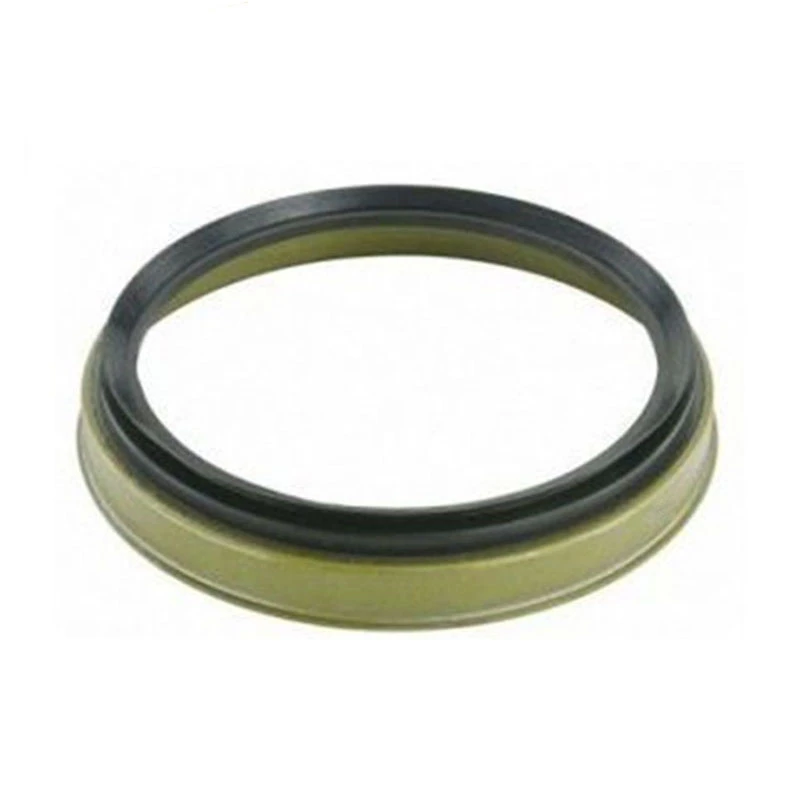Understanding Engine Oil Gaskets and Their Importance in Vehicle Maintenance
Understanding Engine Oil Gaskets Importance and Maintenance
Engine oil gaskets play a crucial role in the performance and longevity of an engine. These essential components help seal the different parts of the engine to prevent oil leaks and ensure that the engine operates efficiently. In this article, we will explore what engine oil gaskets are, their importance, signs of wear and tear, and tips for maintenance.
What are Engine Oil Gaskets?
Engine oil gaskets are mechanical seals made from materials like rubber, cork, silicone, or metal, designed to fit between the mating surfaces of engine parts. Their primary function is to prevent engine oil from leaking out of the engine and to keep contaminants from entering. Common examples of gaskets found in engines include the valve cover gasket, oil pan gasket, and the timing cover gasket. Each of these gaskets is engineered to withstand the extreme conditions of heat and pressure inherent in engine operation.
Importance of Engine Oil Gaskets
1. Preventing Oil Leaks The most obvious function of oil gaskets is to prevent leaks. An oil leak can lead to serious engine damage over time, as it can cause low oil levels, leading to insufficient lubrication of engine components.
2. Maintaining Pressure Gaskets help maintain the necessary oil pressure within the engine. Adequate oil pressure is vital for the proper functioning of the engine, as it ensures that oil circulates effectively to lubricate all moving parts.
3. Protecting Against Contaminants Without proper sealing, dirt, debris, and moisture can enter the engine, contaminating the oil and leading to increased wear on internal components. Gaskets act as a barrier, safeguarding the engine internals.
4. Enhancing Engine Efficiency By preventing oil leaks and maintaining pressure, gaskets contribute significantly to the overall efficiency of the engine. This can lead to better fuel economy and performance.
Signs of Gasket Wear and Tear
Gaskets can degrade over time due to exposure to high temperatures, oil, and the general wear and tear of engine operation. Here are some signs that may indicate gasket failure
1. Oil Leaks If you notice oil spots on the ground where you park your vehicle or see oil pooling around engine components, it may indicate a faulty gasket.
engine oil gasket

3. Oil on Spark Plugs Damaged gaskets can allow oil to seep into the combustion chamber, leading to oil fouling on spark plugs. This can cause poor engine performance and misfires.
4. Increased Engine Temperature If gaskets are failing, you may also experience an increase in engine temperature due to decreased oil circulation and improper sealing.
5. Engine Noise Unusual sounds from the engine can arise from parts that are not adequately lubricated, again pointing to potential gasket issues.
Maintenance Tips for Engine Oil Gaskets
Maintaining your engine oil gaskets is essential for optimal engine performance. Here are some tips
1. Regular Inspections Periodically check for signs of oil leaks or unusual wear around your engine gaskets. Early detection can help prevent more significant issues.
2. Use Quality Oil Ensure that you use high-quality engine oil that meets the manufacturer's specifications. Poor-quality oil can increase the likelihood of seal degradation.
3. Control Engine Temperature Avoid overheating your engine by maintaining a proper cooling system. High temperatures can cause gaskets to become brittle and fail.
4. Regular Oil Changes Keeping fresh oil in your engine can help reduce wear and tear on gaskets. Follow your vehicle manufacturer's recommendations regarding oil change intervals.
5. Professional Help If you suspect that your engine oil gaskets are failing, consult with a professional mechanic. They can conduct a thorough inspection and recommend replacement if necessary.
Conclusion
Engine oil gaskets are vital components that should not be overlooked in vehicle maintenance. Understanding their significance, recognizing signs of wear, and adhering to proper maintenance practices can help ensure a well-functioning engine, ultimately prolonging the lifespan of your vehicle. By taking proactive measures, you can avoid costly repairs and enjoy consistent engine performance for years to come.
-
Understanding the Front Main Engine Seal: Purpose, Maintenance, and Installation
News Jul.29,2025
-
Understanding O-Rings and Seal Rings: Types, Applications, and Custom Solutions
News Jul.29,2025
-
Understanding Crankshaft Oil Seals: Rear Seals, Pulley Seals, and Their Role in Engine Integrity
News Jul.29,2025
-
The Importance of Front and Rear Crankshaft Seals in Engine Performance and Oil Management
News Jul.29,2025
-
Crank Oil Seals: Functions, Types, and Cost Considerations in Engine Maintenance
News Jul.29,2025
-
A Comprehensive Guide to O-Rings and Seals: Types, Materials, and Global Applications
News Jul.29,2025
-
Mastering Diesel and Performance Engine Maintenance: A Guide to Critical Oil Gaskets
News Jul.28,2025
Products categories















